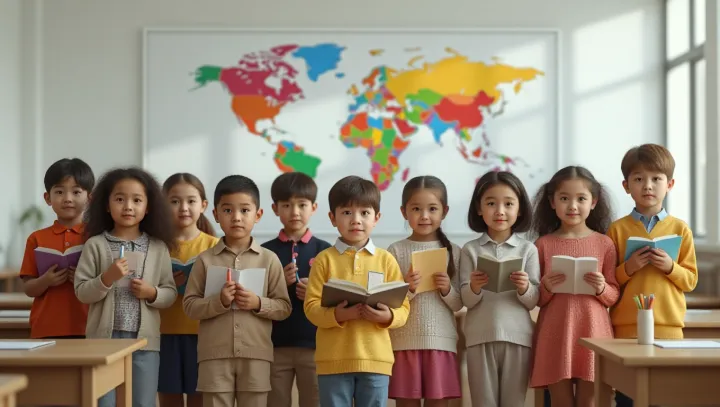The Global Influence of Education on Children's Creative Growth

Emerging studies conducted in prominent educational research centers around the world highlight the profound impact of education systems on children's creativity. In regions like Finland, where education is less rigidly structured, children exhibit higher levels of creativity compared to countries with strict testing regimes. Experts argue that traditional education models, largely focused on rote memorization and standardized testing, may stifle creativity.
Instead, educators like Dr. Emily Hirsch of London advocate for incorporating experiential learning processes, which provide students with opportunities to explore and innovate. In cities like New York, educational reformers push for a curriculum that balances foundational skill-building with open-ended projects that encourage creative thinking.
Such initiatives reflect a growing recognition of creativity as a critical component of lifelong success in an increasingly complex world. As global economies shift towards innovation-driven models, the demand for a workforce capable of original thinking grows. The reformation of educational practices to include creative elements stands as imperative, ensuring that children are not mere bearers of knowledge but creators and innovators for the future.
Parents and educators alike call for a shift from conventional metrics of assessment to more holistic approaches that recognize individual talents. The integration of arts, culture, and technology in classrooms is seen as a promising avenue for cultivating a vibrant creative society.
